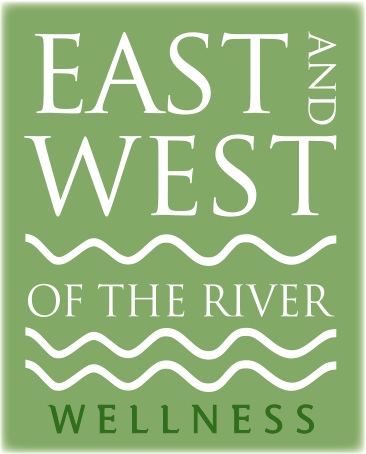I’ve been walking on what seems like a razor’s edge lately a place where grief meets a need to keep showing up. Where heartbreak threatens to undo me,
and yet I know: the undoing is part of the remembering.
Last night, I kept hearing the echoes of children crying—in Gaza, and on our own streets here.
Not a metaphor—actual children.
Crying for food, for their parents, for safety that doesn’t exist.
And the world… watching.
Some are turning away.
Some are saturated with hatred.
And I ask myself:
What do I do with this kind of suffering?
With this sorrow, this helplessness, this horror, this rage?
I’m not the one under all the rubble.
I get to sit in the quiet of my home and choose when I engage.
And that is exactly why I must engage—
not out of guilt, but out of love.
Out of human responsibility.
Yet if I don’t create space to hold this pain…
I disassociate.
Or shut down.
And I don’t want that.
I want to stay open.
Connected.
Even when it hurts—
Especially when it hurts.
Sanctuary.
This word came to me mysteriously and I’ve centered my latest offering around it It holds rich meaning in other contexts:
Sanctuary cities.
Faith-based sanctuaries.
The sanctuary movement.
All of these are rooted in protection, refuge, and moral solidarity with those who are most vulnerable.
These movements inspire me. They are sacred.
Inner sanctuary, too, is a form of resistance.
It is how we strengthen ourselves to keep showing up.
How we reconnect to what is sacred,
to take action with steadiness, compassion, and courage.
I honor how this word has shown up as a guide.
Not as a way to escape suffering,
but as a way to stay fully human, fully awake, and still soft.
Sanctuary reminds me:
I don’t have to carry this pain alone.
That I can grieve and still show up.
That I can offer nervous-system-friendly spaces to others
so we can process together what the world keeps throwing at us.
With reverence for all forms of sanctuary—
Robin
ways to end the suffering in Gaza
Witness and Refuse to Look Away
Name the truth: This is a humanitarian catastrophe. It is not just a conflict—it is an ongoing occupation, a siege, and now a genocide (as many international law experts have named it).
Share verified information: Use your voice on social media, in community spaces, with your representatives. Break the silence. Muzzle propaganda by sharing firsthand accounts and journalism from sources like — Al Jazeera, Democracy Now, or Jewish Voice for Peace.
Political Pressure—Relentlessly
Call your representatives (daily or weekly). Demand: Immediate ceasefire; End to U.S. military aid and weapons sales to Israel; Accountability under international law; Support legislation like the Ceasefire Now Resolution or bills aiming to condition aid and uphold human rights; Use tools like 5calls.org, Jewish Voice for Peace Action, or IfNotNow to streamline actions.
Redirect Resources
Donate to trusted humanitarian aid groups still working inside Gaza (though even many of them are being bombed and blockaded). Examples:
Palestine Children’s Relief Fund
Medical Aid for Palestinians
UNRWA (despite political attacks, they are still serving refugees)
Support Palestinian businesses and boycott companies complicit in the occupation (such as those listed by the BDS Movement: HP, Puma, Starbucks, etc.).
Gather in Community
Attend or organize vigils, protests, art actions, interfaith ceremonies, sit-ins, and public mourning rituals. Show up visibly.
If you're part of a spiritual or activist community, consider forming a Gaza Solidarity Circle that includes:
Prayer or meditation
Letter writing
Public awareness campaigns
Emotional processing
Tend the Inner Soil
This is grief work. To stay awake to this much horror requires emotional resilience, soul care, and radical compassion—not to numb, but to stay present.
Breathe. Cry. Light candles. Tend the garden. Make art. Let the land or the river hold your pain.
Ask: What does love call me to do today?
Uplift Palestinian Voices
Read and share the work of writers like:
Mohammed El-Kurd
Raja Shehadeh
Refaat Alareer (killed in Gaza in December 2023)
Mariam Barghouti
Centering Palestinian narrative is resistance to erasure.
If you’re longing for a place to breathe, to reconnect to your inner sanctuary,
I invite you to join Mindful Summer—
a 4-week summer sanctuary of presence, reflection, and care.
We’ll root into what’s real, and remember the strength that grows when we gather in conscious community.

